François Legault contre la propriété étrangère
- La Terre
- 03 June 2011
La Coalition pour l’avenir du Québec propose diverses mesures pour protéger les terres agricoles québécoises de la convoitise des investisseurs étrangers.

La Coalition pour l’avenir du Québec propose diverses mesures pour protéger les terres agricoles québécoises de la convoitise des investisseurs étrangers.
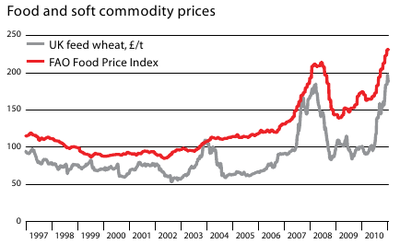
Investors are thinking big when it comes to farmland purchases, reports Andrew Shirley in Knight Frank's Wealth Report 2011

Brewster Kneen discusses what, in the West, is largely overlooked in discussions about land grabbing: how we conceptualize and think about land and our relationship to it.

Agricultural land is once again attracting global investors but the sector is far from risk free.
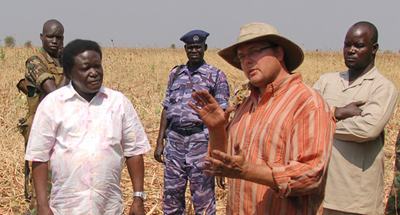
Foreign investors are buying large tracts of land in Southern Sudan that add up to an area larger than Rwanda, threatening food supplies and stability in the region.
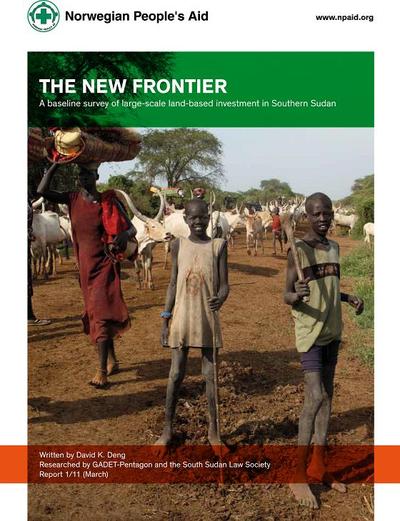
Four months before South Sudan becomes an independant nation nine percent of the country has been targeted by investors, a Norwegian People's Aid report reveals.
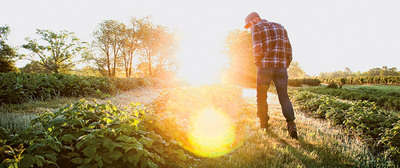
Investors are buying Canadian agricultural land, betting that rising food prices, a ballooning global population and growing worldwide scarcities in farmland will mean a payoff for them.
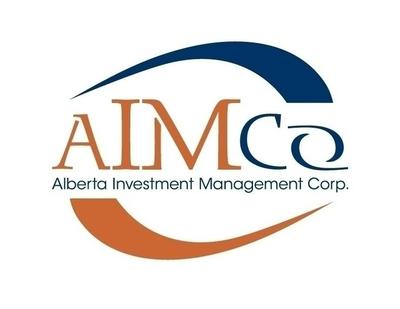
Alberta pension fund pays $415 million for more than 1500 square miles of forest in Australia to be converted to timber plantations and agriculture.

Public forum in Canada with farm leaders from the Global South

Saskatchewan has some of the richest and least expensive farmland in the world, and there's a gigantic pool of global money that would like to buy up as much of it as they can.

Global investment funds have sunk as much as $20-billion (U.S.) into farmland, last year alone they bought 111 million acres of farmland.

“There are people that are dying to invest large sums of money to acquire farmland in Canada that aren't Canadian citizens,” says Jan Kaminski, founder of Bonnefield.

|
Obsolètes, les réformes agraires ?
|